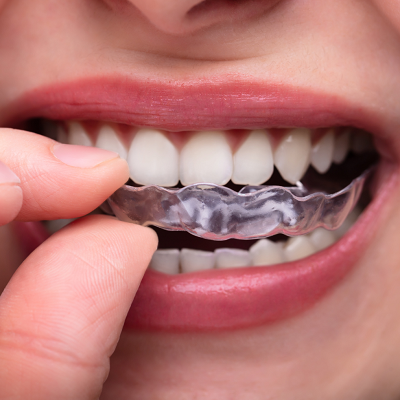
Liposuction is a standard cosmetic procedure for those wishing to eliminate fat from particular body parts. However, this is a fantastic approach to alter the form and contour of the body. However, it’s crucial to know what happens after recovery. Mainly, when fluid accumulates following the treatment, people are curious about” How Long Does Fluid Persist After Liposuction?”
What Happens to Fluid Following Liposuction?
Typical for the areas treated with liposuction is their clinging to fluid afterward. The way the method is set forth causes this. Liposuction involves lymph node removal. The body brings fluid to the surgical site as part of the healing process. Serum, lymphatic fluid, and blood makeup constitute the fluid accumulation. It develops in the void left over following the fat loss.
Another reason fluid accumulates is the tumescent technique, sometimes employed in liposuction. To simplify removing the fat and controlling any bleeding, a pure mixture of saline, local anesthetic, and epinephrine is poured into the fat layer. The person swells since some of this fluid persists in the body following the surgery.
How Long Does Fluid Persist After Liposuction?
Those who have had liposuction could momentarily retain fluid. Though wholly, the body needs weeks or even months to eliminate the extra fluid. Many factors affect how long the fluid stays, including the degree of liposuction performed, the areas treated, and the patient’s compliance with the supplied post-operative care instructions.
First Week of Following the Procedure:
People often report noticing significant swelling and fluid accumulation in the first week following liposuction. Surgery damages the body, so fluid is sent to the damaged areas to aid in tissue healing. Blood could also be draining from the wounds. After surgery, you should feel this way for many days to a week.
Your doctor could advise you to wear compression clothes during this period to encourage fluid discharge and help lower edema. Compression clothes gently press the injured areas, which helps eliminate extra fluid and accelerates the healing process.
Two to Four Weeks Following Surgery
Most fluid retention will go gone two to four weeks following the procedure. Most of the fluid will be absorbed by the body on its own; the swelling will decrease. Still, some edema could be present, particularly in areas where much fat was eliminated.
Your body’s shape can change as the swelling decreases and the liposuction results become more evident. Still, the healing process is ongoing, so it’s crucial to keep donning compression clothes and following your surgeon’s advice on what to do following surgery.
Three Months or More
Most of the surplus fluid should have been eliminated by the body between one and three months after liposuction. Any swelling that persists during this period will gradually fade. Some individuals, mainly if the operation involved a large portion of the body, may experience modest fluid retention for up to six months.
Although the last results of your liposuction will become more evident throughout this period, everyone heals at different rates. Age, health, and lifestyle choices determine how long it takes for the fluid to disappear.
Maintaining Fluid Retention Following Procedure:
After liposuction, you should naturally retain some fluid in your body, but, there are steps you may take to aid lower swelling and speedier recovery. Here are some post-operative care guidelines meant to help you cope with fluid accumulation:
- Change into compression clothing: Tight clothes press treated areas, preventing swelling and fluid accumulation.
- Drink plenty of water: Regular water intake aids in waste and surplus fluid elimination post-surgery. Maintaining a healthy weight reduces swelling and aids body healing.
- Change the treated area: Lifting legs or stomach can ease edema and fluid accumulation.
- Massage aimed at lymphatic drainage: Some doctors recommend lymphatic drainage massages to stimulate the lymphatic system and reduce edema.
- Follow post-operative guidelines: Follow the surgeon’s instructions to maintain fluid control and ensure rapid recovery.
Summing Up
After liposuction, your body naturally retains fluid; this is only temporary as it recovers. The fluid will gradually disappear as your body recovers and absorbs it, even though it may linger for several weeks or months. Following what your surgeon advises following surgery, you can assist in controlling fluid accumulation and hasten your healing.
If you worry about swelling or retaining water after liposuction, don’t hesitate to discuss this with the certified surgeons at Royal Cosmetic Surgery-PK.











Book Appointment